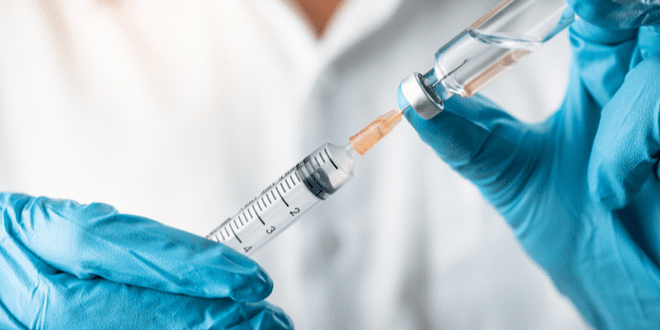One of the more disturbing aspects of the Coronavirus pandemic is the politicization of medical matters, most notably seen in the conflict surrounding hydroxychloroquine. A media storm followed President Trump’s suggestion that the drug showed promise and a victory declared after a study claimed the drug was harmful. But tests of hydroxychloroquine have been resumed since it was discovered that the research slamming the rug could not possibly have been more bogus.
On 17 March, the AIFA Scientific-Technical Commission of the Italian Medicines Agency expressed a favorable opinion on including the off-label use of chloroquine and hydroxychloroquine for the treatment of COVID‑19. At a press conference held two days later, President Trump suggested that the drugs were being investigated as a potential treatment. The FDA later said they had not given approval for the drug to be used in the treatment of COVID‑19but was now allowing chloroquine under compassionate-use guidelines. The drug then became the focus of a media battle.
Based on the results of a study published in The Lancet, the World Health Organization (WHO) suspended hydroxychloroquine from its global drug trials for COVID‑19 treatments on 26 May due to safety concerns raised in that study. The study based on the conclusions from three of four authors said neither chloroquine nor hydroxychloroquine (HCQ) with antibiotics hold any significant promise as a treatment for Covid-19 and stated that patients were at greater risk of death. The authors based their study on data provided by the US company Surgisphere, a healthcare analytics company.
On Thursday, the Lancet retracted the article after an investigation by The Guardian revealed errors in the data that was provided for the research by Surgisphere. The authors stated they were unable to complete an independent audit of the data underpinning their analysis. As a result, they have concluded that they ‘can no longer vouch for the veracity of the primary data sources.’
The journal’s editor, Richard Horton, said he was appalled by developments. “This is a shocking example of research misconduct in the middle of a global health emergency,” he told the Guardian.
The New England Journal of Medicine also retracted a paper based on the Surgisphere database, also co-authored by Mehra and Desai.
In a statement, published by the journal, the authors said: “Because all the authors were not granted access to the raw data and the raw data could not be made available to a third-party auditor, we are unable to validate the primary data sources underlying our article, ‘Cardiovascular Disease, Drug Therapy, and Mortality in Covid-19’. We therefore request that the article be retracted.”
The Guardian reported that some of the employees of Surgisphere involved in the research that led to the WHO and governments changing their policies concerning the use of hydroxychloroquine included a science fiction writer who, for the purposes of the hydroxychloroquine study, was listed by the company as a science editor and an adult-content model who was listed as a marketing executive. Several of Surgisphere’s employees were found to have little or no data or scientific background.
Sapan Desai, one of the co-authors of the paper delegitimizing hydroxychloroquine, was discovered to be the target of three malpractice suits.
The Guardian also found many questionable aspects of Surgisphere’s online presence, which was almost nonexistent despite its claim to “run one of the largest and fastest hospital databases in the world.” Several of hospitals whose input would have been essential in any investigation into the treatment of coronavirus with hydroxychloroquine claimed never to have been contacted by Surgisphere.
But the damage is not limited to the exclusion of the potentially life-saving benefits of hydroxychloroquine. Another study using the Surgisphere database, again co-authored by Desai, found the anti-parasite drug ivermectin reduced death rates in severely ill Covid-19 patients. It was published online in the Social Science Research Network e-library, before peer-review or publication in a medical journal, and prompted the Peruvian government to add ivermectin to its national Covid-19 therapeutic guidelines.
Under the scrutiny concerning its results, Surgisphere has so far failed to adequately explain its data or methodology.
The WHO recently announced that trials on hydroxychloroquine’s efficacy in treating COVID-19 would now resume. There are currently 48 or more trials underway in the US including at least 17 that are testing whether it could still play a role as a prophylactic preventing COVID-19 infection, even if it may not help treat patients who are already infected with the coronavirus.




